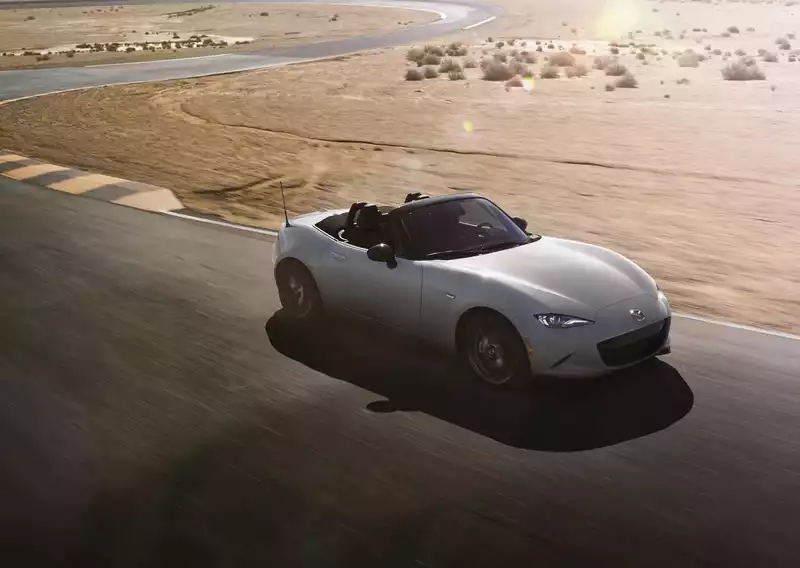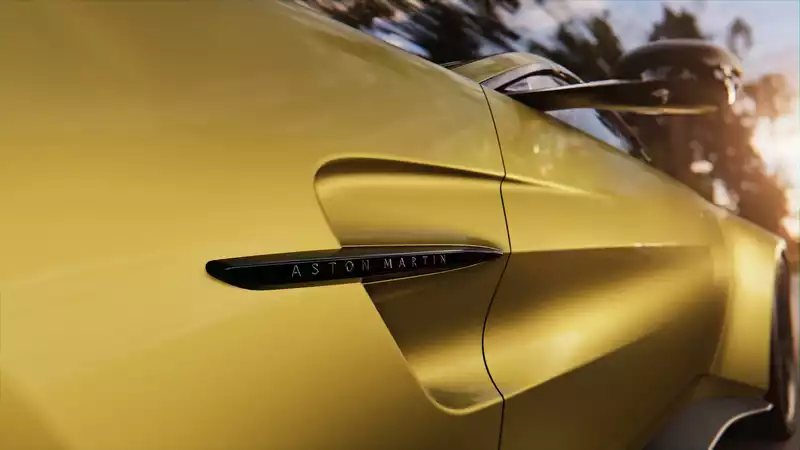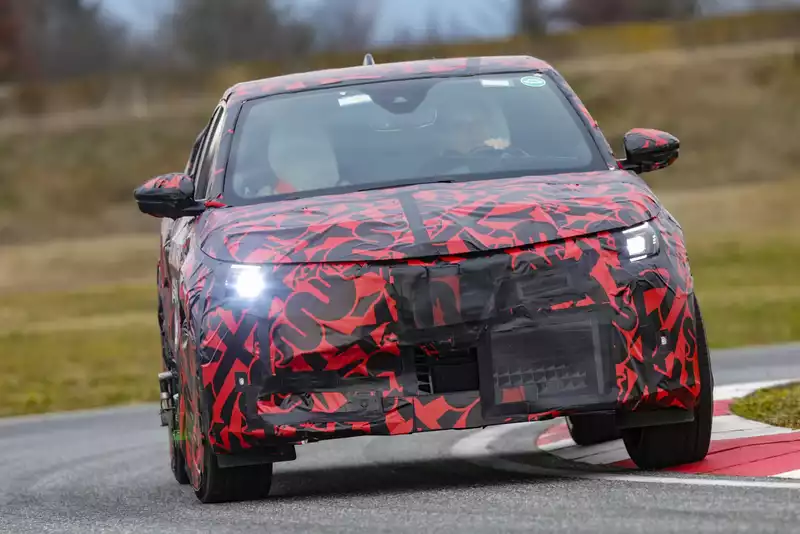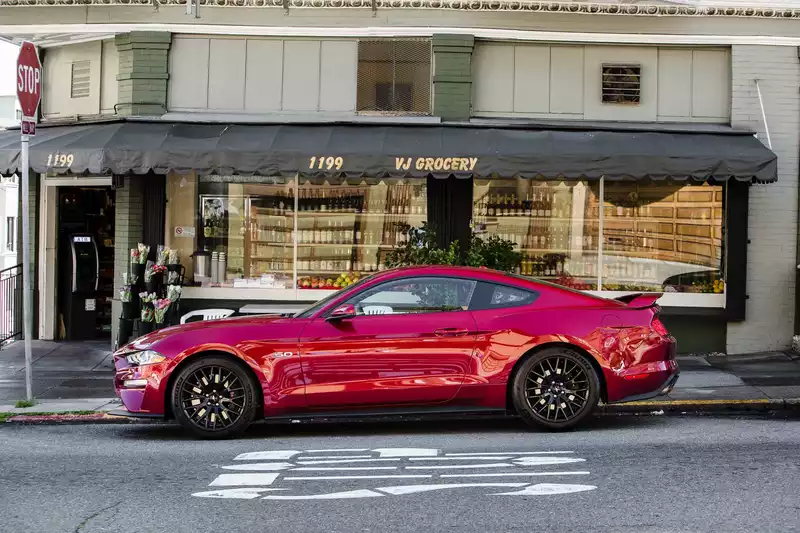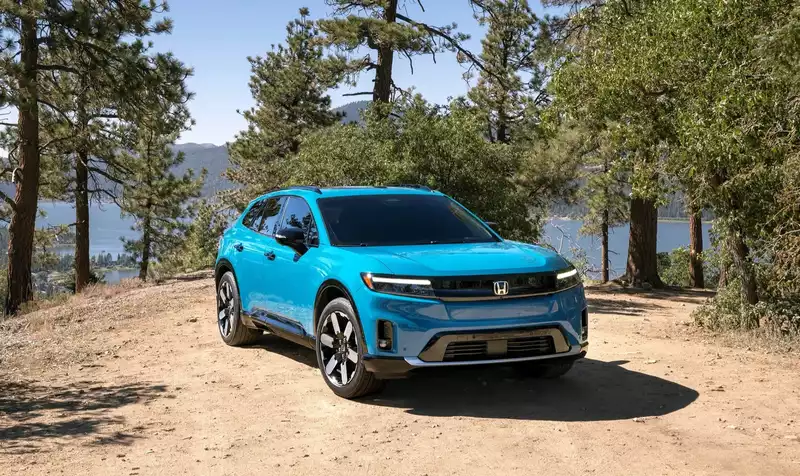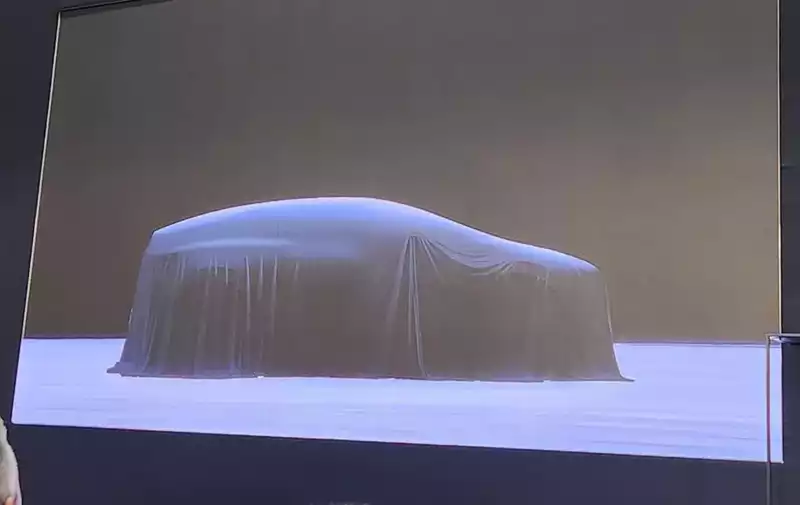Why gasoline cars aren't going anywhere.
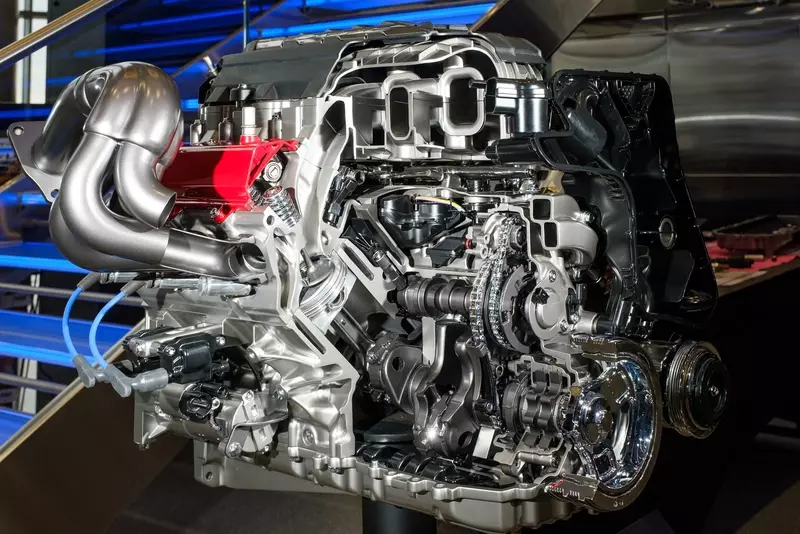
The need to reduce carbon emissions is driving interest in electric cars, but the internal combustion engine is not dead yet. Most new cars on the market today run on fossil fuels, and that situation won't change for some time, according to Jason Fenske of Engineering Explained. [Electric vehicles still face a number of challenges. One is energy density. Gasoline has a higher energy density than lithium-ion batteries. This means that it takes more space to store the same amount of energy in a battery as a gallon of gasoline. This is why electric vehicles require larger and heavier battery packs to achieve an acceptable range. [By volume, gasoline has 13 times the energy density of the best lithium-ion batteries," Fenske says. The energy density of electric car batteries can be improved by future developments in chemistry, but so far batteries are seriously inferior to fossil fuels in this area.
Another problem is cost. According to Fenske, electric vehicles have a higher profitability threshold than internal combustion engine models in the same class. In other words, an automaker can make more profit on a car of a certain price with a gasoline engine than with an electric motor. Automakers are profit-seeking companies.
Reducing emissions, which is the main reason for switching to electric cars, is also cost related. If an automaker produces a new electric car rather than spending money to improve the efficiency of the internal combustion engine, the electric car is likely to account for only a small percentage of sales, Fenske notes. As a result, if efficiency improvements are made to gasoline cars, the overall effect will be greater because the efficiency gains will be achieved by more cars.
This is because, despite the growing number of models on sale, few people are buying electric cars: in 2019, Fenske notes, electric cars will only have a global market share of around 2%. This is partly due to marketing, as dealers are notoriously bad at selling electric cars, and electric car commercials are rarely seen (this year's Super Bowl being a notable exception).
According to Fenske, the lack of charging infrastructure also makes driving an electric car less convenient for many buyers.
Although automakers are investing heavily in electric vehicles, they are also continuing to develop internal combustion powertrains. The Nissan Leaf was the first modern mass-market electric vehicle, and Nissan also produces gasoline engines with variable compression ratios. The Ford Mustang and Chevrolet Camaro are equipped with 10-speed automatic transmissions to maximize efficiency, and many vehicles are equipped with start-stop systems for additional fuel economy. Hybrid cars will also play an important role in the coming years.
